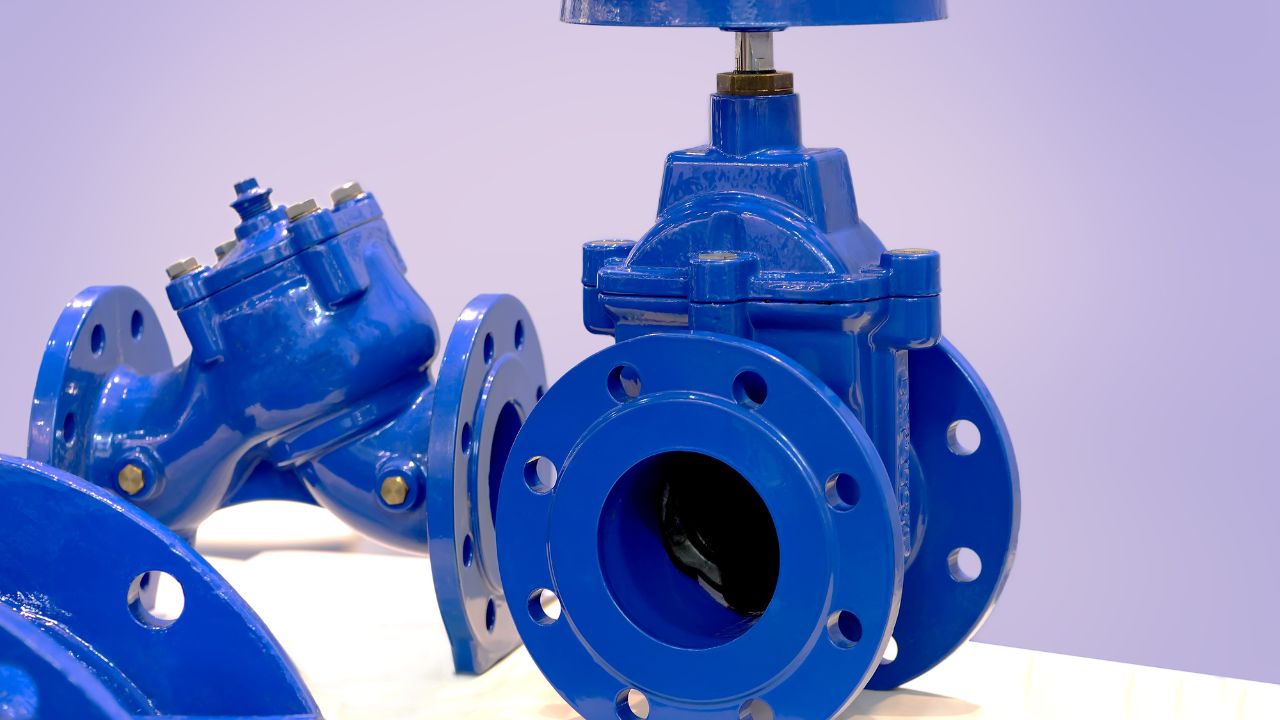The high-pressure flow control valve ensures the right amount of chemical pouring into the chemical reaction. The engineers do want to control the proportion quantities of the chemical in the reaction. In a reaction, it is essential to maintain safety by controlling the flow of the chemical in and out of the reaction chamber.
The fluid control valve control valves are commonly used to control the pressure of the water through the pipeline. The electronic flow control valve enables you to control the pressure of the water. You can regulate the flow of the water in the piping system.
The simple working principle of the flow control valve is given below:
The mechanism of the flow valves:
In systems where pressure regulators convert electrical energy into motion to manage fluid pressures, ensuring compatibility and integrity of connections is vital. Besides the primary components like electronic water flow control valves that regulate the water flow and the actuators that open and close valve orifices, Adaptall fittings play a supportive yet crucial role. These fittings effectively bridge the gap between different threading standards—International (“Metric”) and American (“Imperial”)—allowing for a cohesive system integration with other essential components. This compatibility ensures the assembly maintains its operational integrity under varying pressures and conditions.
The formula used for the working mechanism of the pressure valves is:
Work done= Actuator force x distance traveled
Where:
Work done = The amount of liquid that passes through the pressure regulator valves.
Actuator force = The opening and closing force provided to the orifice of the pressure control valves.
distance traveled = the distance traveled by the liquid in and out of the valves.
The purpose of the pressure valves:
The electronic water flow control valve is designed to maintain consistent pressure throughout the whole system. The electric hydraulic flow control valve actually increases the surface area of the force. You can get more output or the resultant force due to the working mechanism of these valves. These are the main reasons these valves are installed for lifting heavy material and to apply the pressure brakes with a simple movement of the foot.
What are the uses of the flow valves:
There are various uses of the control valve in various processes, we are highlighting some of their uses:
In the irrigation system:
In the irrigation system, we are going to install the electronic water flow control valve to control the flow of water from main systems to consumers such as the mainline to the end users.
Waterworks flow:
You can use the control valve to regulate the Waterworks flow in reservoir inlets, mixing junctions, etc.
To avoid excess supply:
The electronic water flow control valve protects the supply system from excess demand. It also controls any attempt by the consume more than the system’s specification
Conclusion
Water flow valves are commonly used to control and regulate the pressure of water from reservoirs. It ensures that you can receive the appropriate pressure even at the end of the tail of a system. The control valve also controls the flow of liquid is limited, as the excessive supply of liquid can be a great loss for the whole system.


